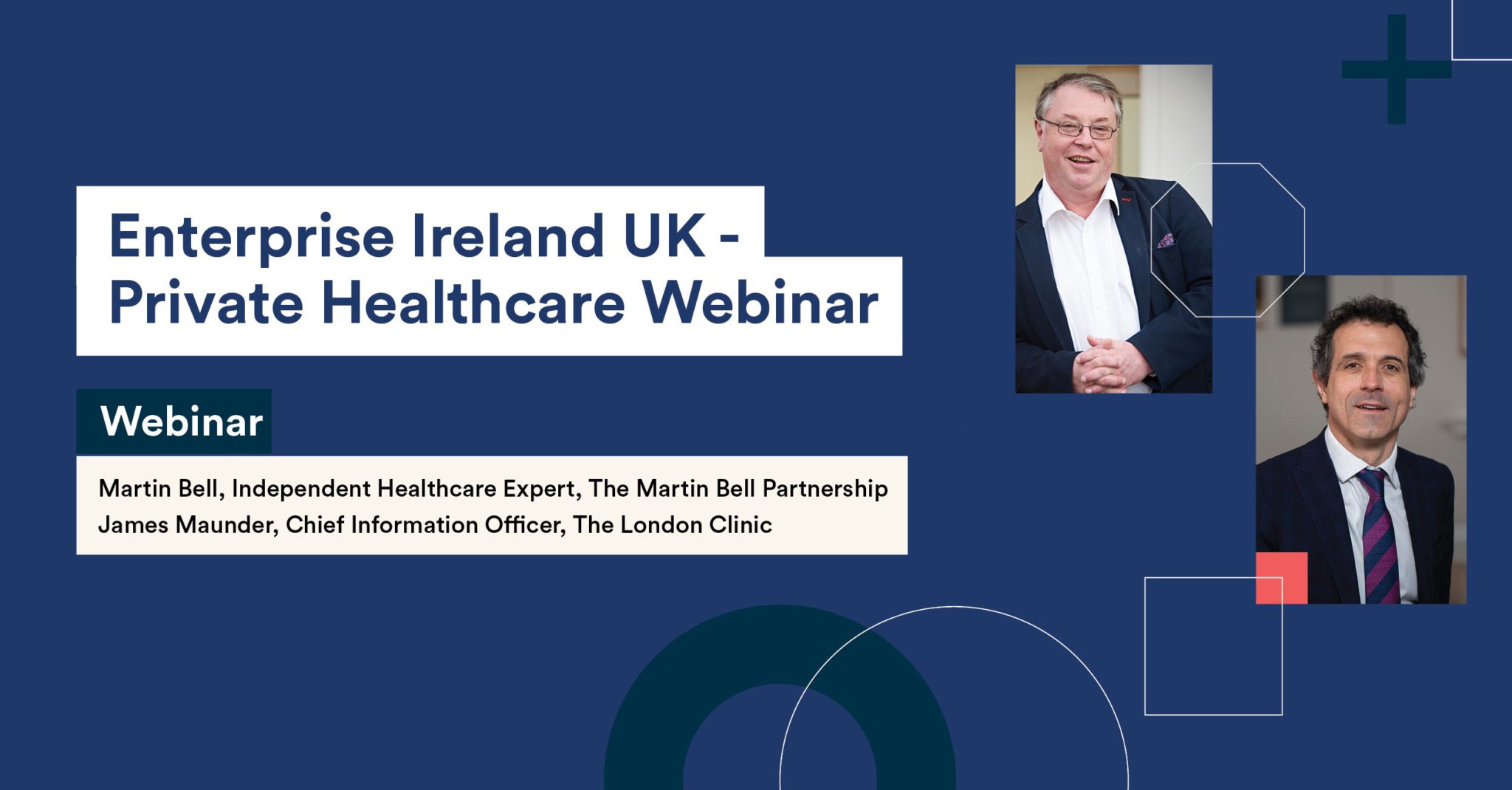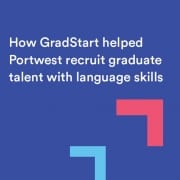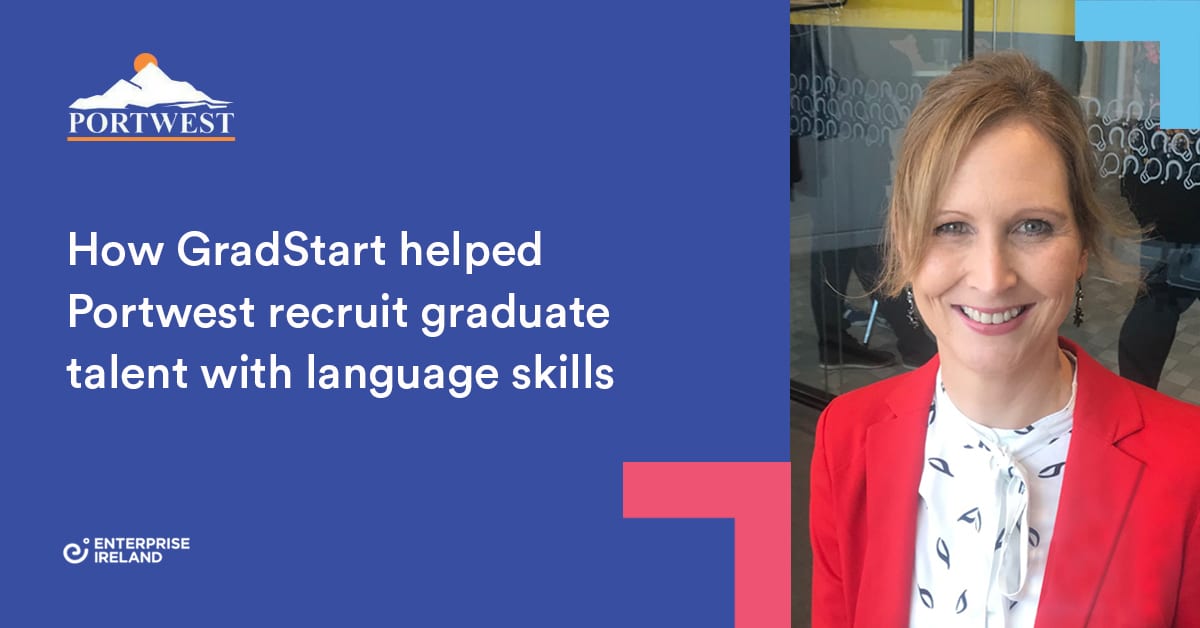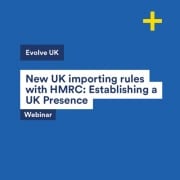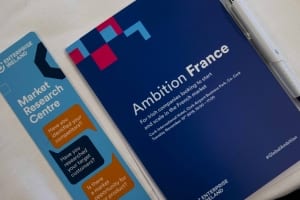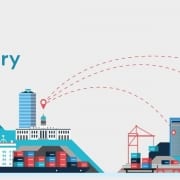Market Watch – A view from the Eurozone
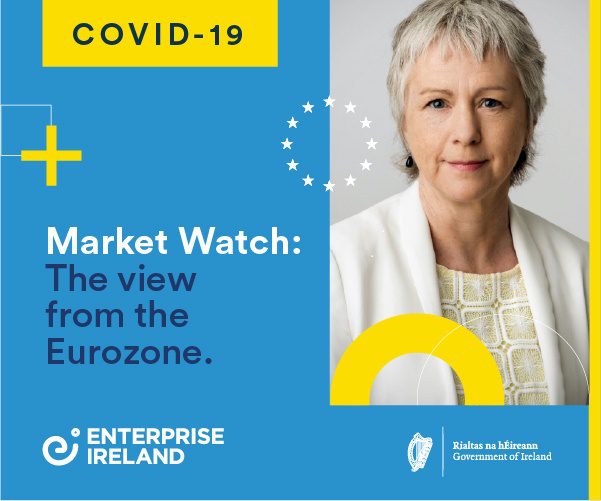 There is no doubt that the impact of COVID-19 on mainland Europe has been profound with most countries operating on a skeleton crew of essential businesses and services. However, Anne Lanigan, Regional Director, Eurozone, for Enterprise Ireland, says goods are still moving and it is possible to do business.
There is no doubt that the impact of COVID-19 on mainland Europe has been profound with most countries operating on a skeleton crew of essential businesses and services. However, Anne Lanigan, Regional Director, Eurozone, for Enterprise Ireland, says goods are still moving and it is possible to do business.
Key Takeaways:
- The situation is evolving daily and the 45 strong Enterprise Ireland team on the ground in the Eurozone are working and available as normal, albeit remotely to be of assistance.
- Business is still moving although slower, particularly in the Medtech, Pharma, Construction, Food, eCommerce and other services sectors.
- The innovation, flexibility and commitment of Irish companies will help them survive this crisis.
“A lot of sectors have been very badly hit, particularly in the hospitality, aerospace and automotive sectors,” she says. “High tech construction of pharma facilities and data centres is still continuing, with some challenges in Germany and the Netherlands. Pharma, Medtech and Food still continue as best they can, and we have good examples of clients in the technology, eCommerce and employee engagement sectors who are experiencing growth. However, for many sectors things are likely to get worse before they get better.”
“I would encourage Irish exporters to make contact with customers, partners and distributors. Communication is crucial at this point. Getting an understanding of the situation your customers are in will help you in forward planning and may help you to deliver an immediate or different solution. In addition, the contact you make now will be appreciated and remembered once we are over this crisis.”
Speaking to customers over the telephone or in a virtual meeting, rather than by email, will offer a much better opportunity to engage and get insights into their situation, what their future plans are and how you might feature in those future plans.
Depending on staff availability and the level of slowdown, Lanigan says some businesses may be able to use this time to build their export capability.
“This could be an opportunity to do market research, a very important element of successful exporting” she advises. “This crisis is temporary so fundamentally it’s still important to validate markets and sectors for your products and services, carry out competitive analysis, build a pricing and communication strategy and develop a strong market development plan.
Doing an online language course for an hour every day might also be a welcome break away from home working while also building up a necessary skillset for exporting to Europe.”
The Eurozone director says there are many supports available to Enterprise Ireland clients as well as government supports available to all companies. These can be found on the Enterprise Ireland Covid-19 business response pages and new supports will be added as soon as they become available. Specific market supports such as the Market Discovery Fund are of course still all available. And Eurozone Market Advisors can provide specific information on supports available locally in their markets.
“Alongside the obvious market challenges, we are seeing a number of other challenges. Our clients are in some cases finding it difficult to engage with customers who are busy trying to resolve their own internal problems,” she says. “Movement of product is also more complicated as extra paperwork is required in some locations. It’s also difficult to get clarity regarding the movement of people as the situation is evolving. However, we continue to assist client companies in meeting buyers (virtually), and we are seeing business deals– it’s not anything close to normal but it is still moving.”
“In addition, in every crisis there are opportunities. Irish companies are typically highly innovative and are quick to pivot. Our clients are known for their flexibility and can change focus quite quickly so there is the possibility to adapt products and services to win business in new markets and new sectors.
Lanigan says the key to surviving this crisis is to stay close to customers, demonstrate flexibility, and be innovative:
“Markets will start to open again so we need to ensure that we are ready to get going when we come out of this crisis.”
“Enterprise Ireland Market Advisers are available to help. Our team across the Eurozone are working remotely and contactable by phone or email for one-to-one support. Our priorities are to respond to particular requests from clients and to proactively support clients to continue to do business. In addition to supporting contact with customers, distributors and partners, Market Advisors can also provide advice and help with local market knowledge on the evolving situation and help deal with particular issues as they arise. If you haven’t had recent contact with your Enterprise Ireland Market Advisers please get in touch with your Development Adviser who will make the introduction.”
“Irish companies are known across Europe for being innovative, flexible, easy to work with and committed. These characteristics will stand to us and help us through this difficult period.” says Lanigan.



